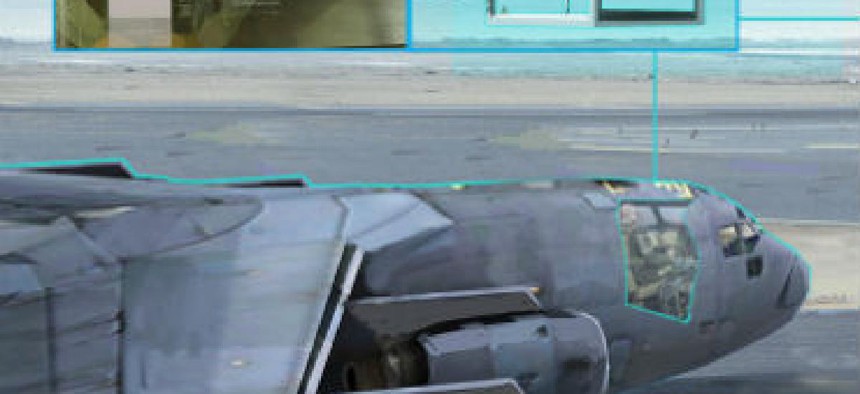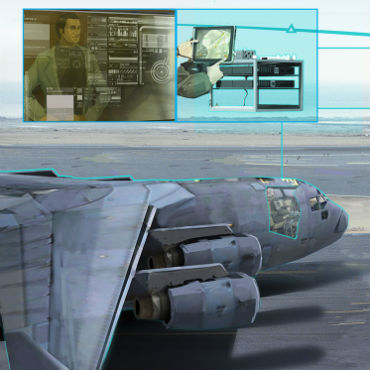DARPA seeks to redefine autopilot

ALIAS project aims for portable and configurable automation that can be plugged into a wide range of aircraft.

The Defense Advanced Research Projects Agency is looking to develop advanced autopilot capabilities for increasingly demanding on-board flight environments.
The Defense Department wants a technology package it can drop into military aircraft with an eye to replacing human crew members.
The Defense Advanced Research Projects Agency is looking to develop "portable, flexible, advanced autopilot capabilities" for the aircrafts' increasingly demanding on-board flight environment, as well as to help reduce pilot workload, augment mission performance and improve aircraft safety.
DARPA's April 18 notice in FedBizOpps is yet another move by DOD toward creating more autonomous full-scale aircraft and the underlying IT systems that support them for a variety of roles in the military.
The week of April 6, the U.S. Navy unveiled a $100 million program to create unmanned helicopters that could ferry supplies to troops. The Wall Street Journal reported April 5 that over the next 10 years the Pentagon plans to create autonomous vehicles that could help in emergency evacuations of battlefields, search missions, and as high-capacity cargo mules.
DARPA's April 18 notice said its Aircrew Labor In-Cockpit Automation System (ALIAS) program will handle the challenging and complex interfaces aboard aircraft for human operators. Even though avionics and software upgrades can help humans, they can cost tens of millions of dollars per aircraft, limiting the rate of developing, testing and fielding new automation capabilities for those aircraft, it said.
DARPA envisions ALIAS as a configurable, drop‐in and removable kit that would inject high levels of automation into existing aircraft, reducing onboard human crew.
As an automation system, DARPA said it wants ALIAS to be able to execute a planned mission from takeoff to landing, even in the face of contingency events such as aircraft system failures. ALIAS would include persistent state monitoring and rapid procedure recall, and easy-to-use touch and voice interfaces. It would also serve as a platform for enabling additional automation or autonomy capabilities tailored for specific missions.
DARPA scheduled a proposers' day on May 14 in Arlington, Va., to talk with potential developers about the project.
NEXT STORY: Verizon sells Federal Network Systems unit


